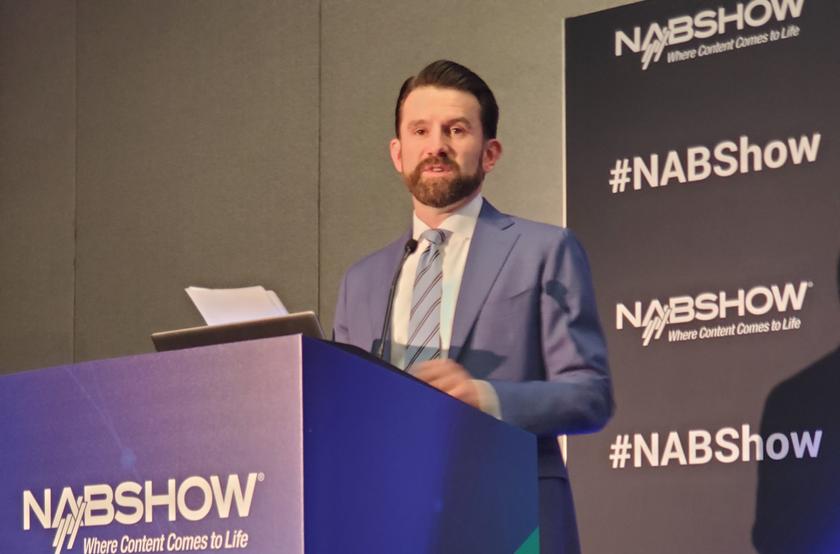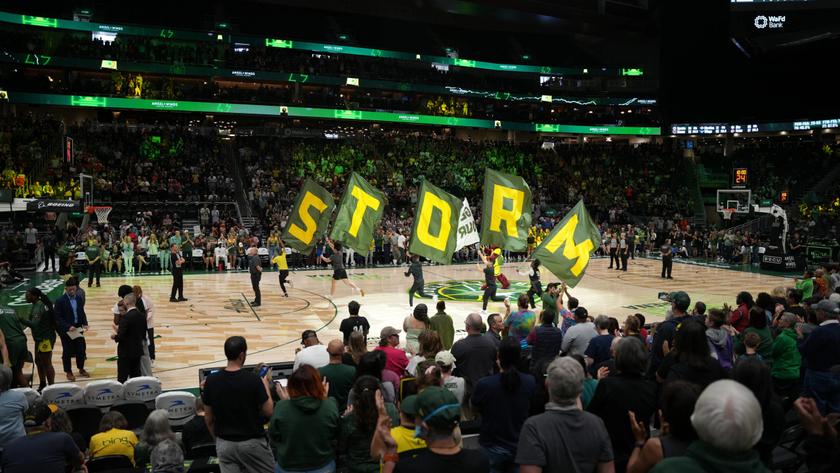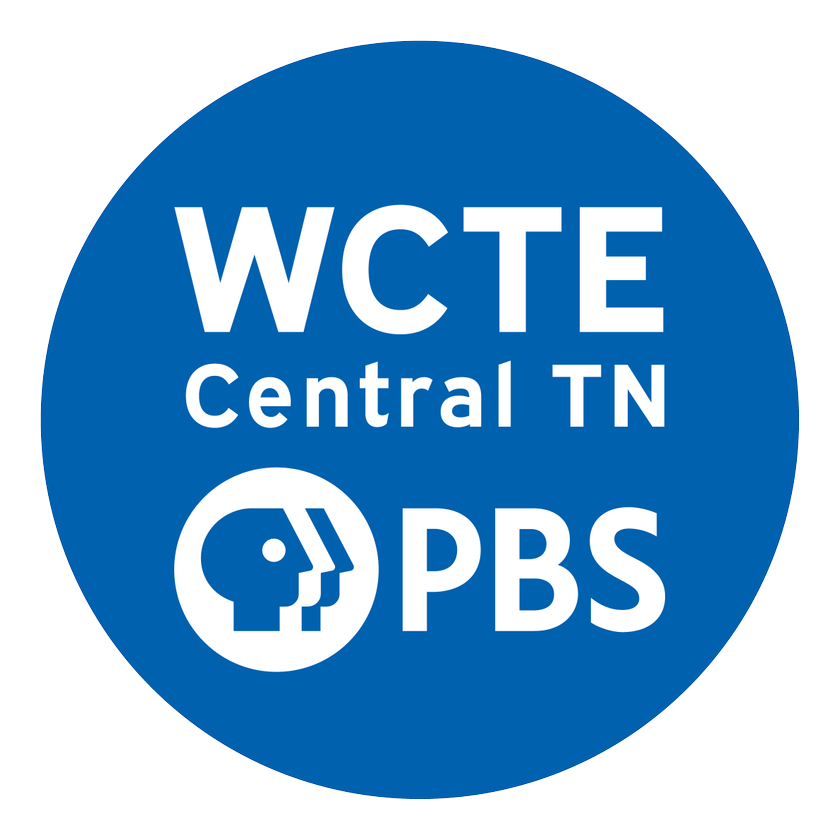SMPTE, MESA Collaborate on Metadata Standard
Organizations target ‘common vocabulary’ for tagging media
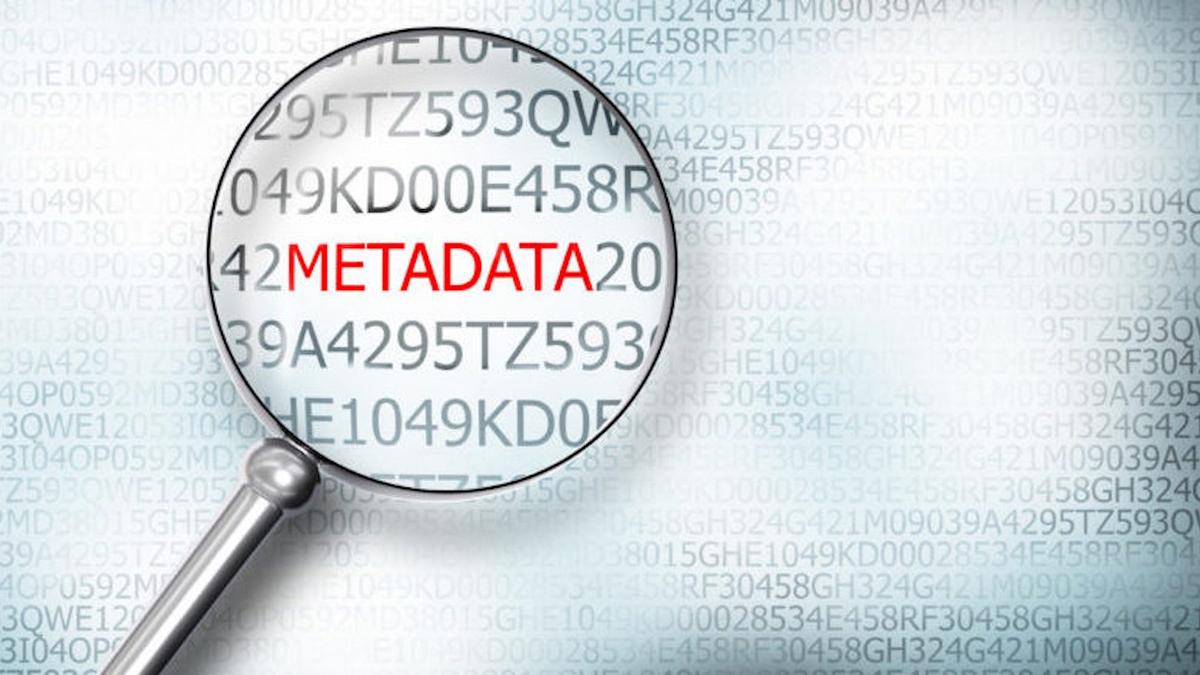
WHITE PLAINS, N.Y.—The Society of Motion Picture and Television Engineers together with MESA, a data IT and security specialist community devoted to the future of the M&E industry, is placing the human- and machine-readable Language Metadata Table (LMT) into the SMPTE pubic review process, the society said.
The process, an early step towards SMPTE standardization, involves publishing LMT as a SMPTE Public Committee Draft (CD), which is a vetted and approved list of language codes that are available for public comment, implementation and validation, it said.
"The Language Metadata Table was started at WarnerMedia in 2017 to normalize language codes within the organization, and IETF BCP 47 was selected due to its flexibility," said Yonah Levenson, LMT chair at MESA. "As interest in LMT as the M&E industry's language code solution increased, SMPTE recognized the value of the LMT and came on board as the technical partner/advisor."
LMT offers media companies and related enterprises a controlled vocabulary and standardized set of codes for accurately identifying spoken and written language, which is intended to enable more efficient media interchange around the world, SMPTE said.
It supports many applications, including audio, written and timed text, such as closed captions and subtitles, accessibility, licensing, content localization and international distribution.
SMPTE Technology Committees (TCs) have begun working on the LMT register. They are expected to produce a SMPTE Public CD in the first half of 2021. The Public CD process allows the society to put the LMT register into the public domain quickly and begin gathering feedback and making improvements to both the register and guidelines for its independent management by multiple stakeholders.
"If you buy and sell media, you understand that a common vocabulary for language tagging is sorely needed," said SMPTE Standards Vice President Bruce Devlin, who worked with MESA to develop the prototype LMT register and online interface currently being reviewed by SMPTE TCs.
Get the TV Tech Newsletter
The professional video industry's #1 source for news, trends and product and tech information. Sign up below.
"The LMT register accounts for all languages as well as dialects and scripts. As we see the register through the Public CD process, our hope is that the LMT register will become a canonical resource that serves the needs of all media organizations and ecosystems. Accessing this data will be as simple as clicking on a link or using an API to grab required codes," said Devlin.
SMPTE TCs are reviewing the prototype LMT register to determine if the structure of the dictionary is correct and if the process for updating that dictionary is correct. After this step is complete, the dictionary and update process will enter a public review period, during which people and organizations can try out the register and use a dedicated GitHub repository at github.com/smpte to provide real-world feedback that will inform iterative improvement of the register. The society will leverage the SMPTE Knowledge Network, which is built on a flexible Microsoft Teams environment with integrated apps including the Microsoft 365 suite and GitHub, to bring agility and efficiency to the Public CD process.
Now up to 239 languages, the LMT register can be found at www.mesaonline.org/language-metadata-table.
More information on MESA is available on its website.
More information on SMPTE is available online.
Phil Kurz is a contributing editor to TV Tech. He has written about TV and video technology for more than 30 years and served as editor of three leading industry magazines. He earned a Bachelor of Journalism and a Master’s Degree in Journalism from the University of Missouri-Columbia School of Journalism.
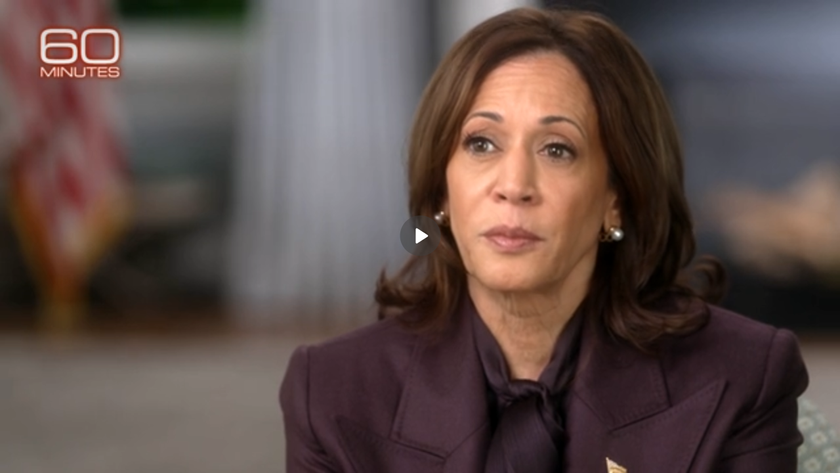
Former FCC Chairs Accuse FCC of Acting as the `White House’s Personal Censor’
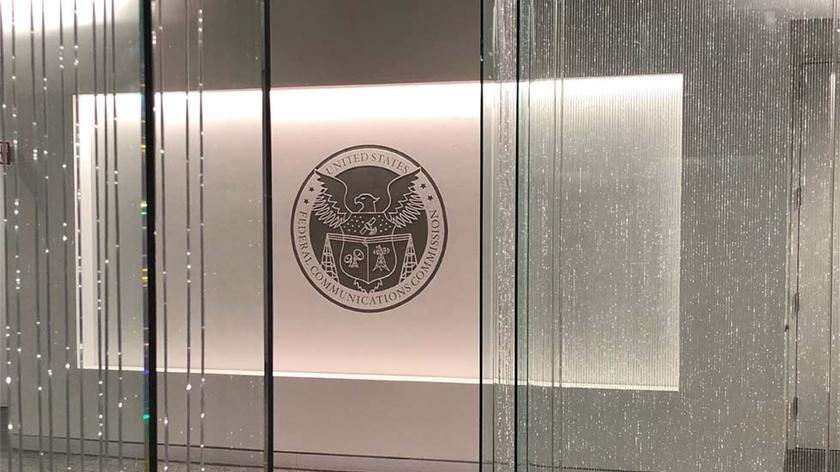
FCC Launches Proceeding on GPS Alternatives


